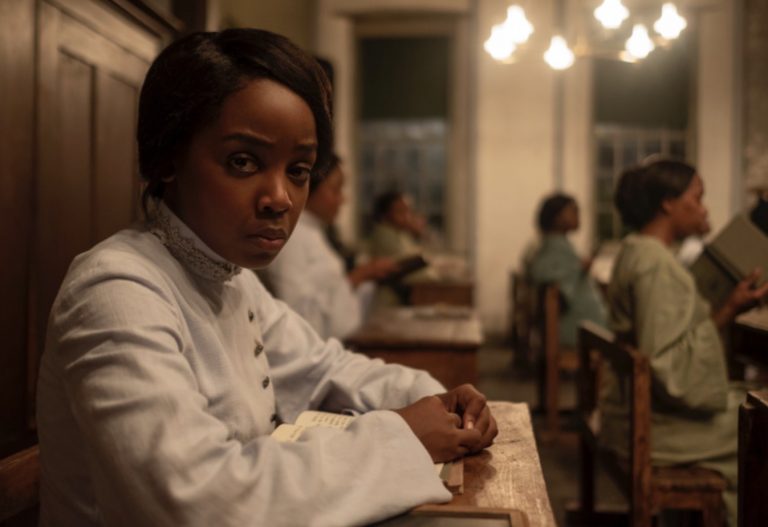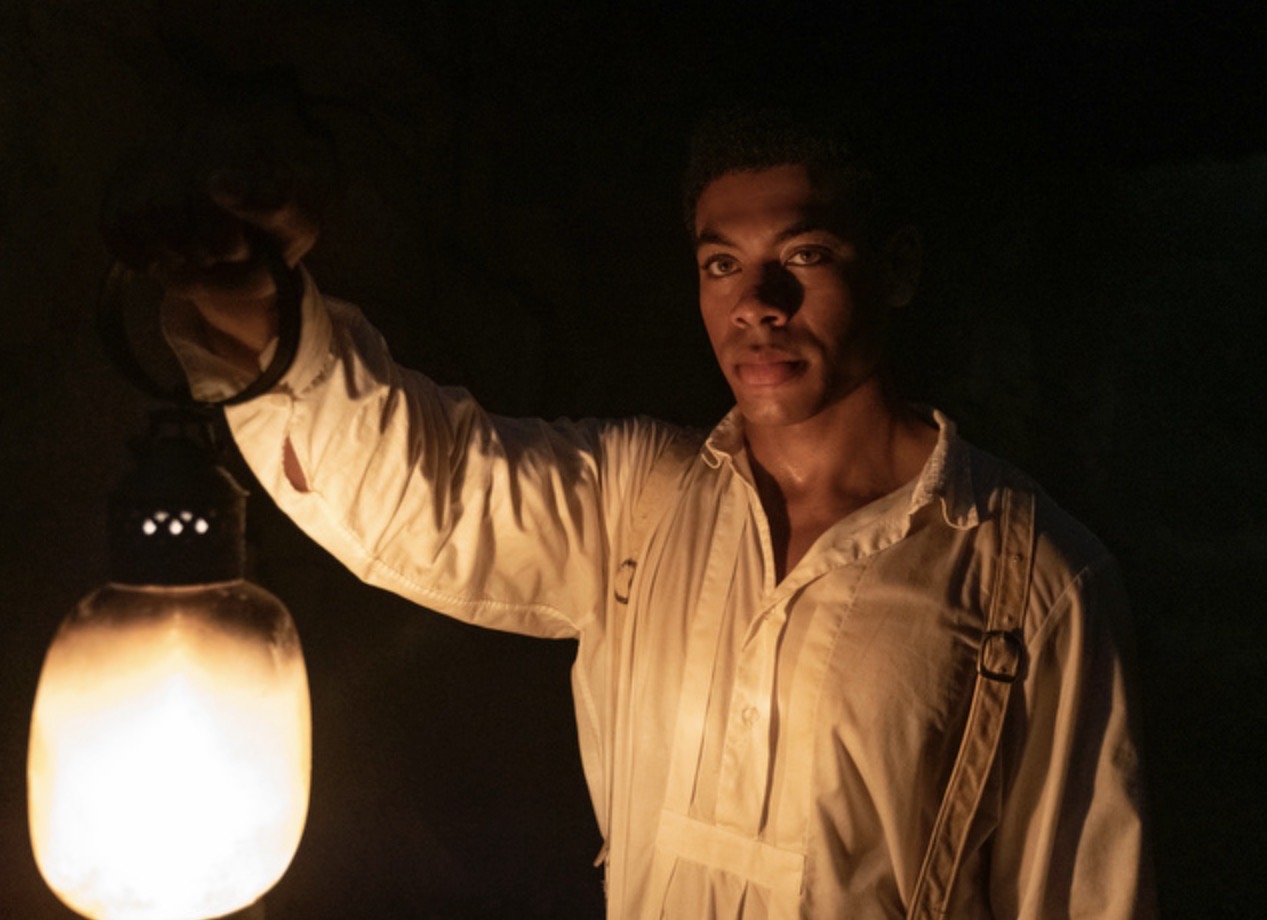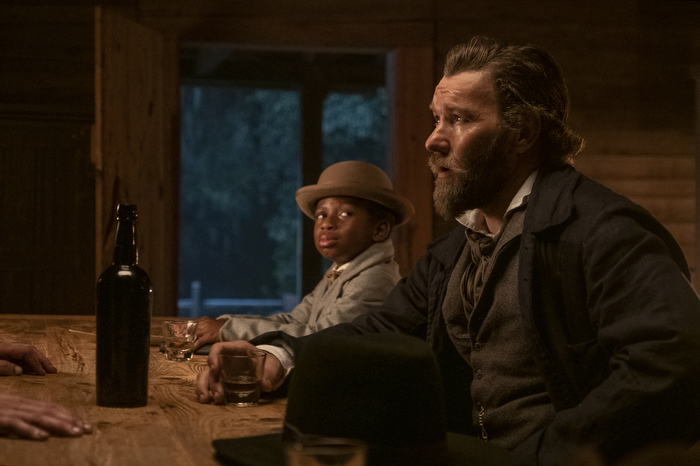
The Underground Railroad is an important relic from American history, one of this country’s earliest forms of organized resistance to systemic racism long before anyone would have utilized that term. When Black Africans were brought to the United States and enslaved, there were forward-thinking and humanitarian citizens who participated in a network that sought to spirit those who managed to escape north to freedom. Part of the reason it worked was because there was no official route or map, merely a number of people willing to put their lives on the line to help those who were not as fortunate. It’s a concept that may seem foreign to those who could never imagine living in a country where owning people as property was widespread and legal, a dark stain on this nation in its formative years that can’t ever be washed away.
Colson Whitehead’s Pulitzer Prize-winning 2016 novel The Underground Railroad sets its events in a world where this railroad is literal, with stations and conductors operating an actual train that travels far underneath the ground and goes largely undetected aside from rumors of its existence. Director Barry Jenkins has adapted the book into a ten-episode limited series for Amazon Prime Video, one that demonstrates the full capacity for evil that humans have towards each other and the glimmer of hope that comes from those who choose to oppose it.

It would be easy to turn this into a sleek, futuristic thriller, one that features a highly technological train with incredible capabilities, including the ability to help anyone in need escape those chasing them. Yet the approach taken here in the adaptation of the book is a much more reserved one, most reminiscent of Children of Men, where advanced concepts do not necessarily equal anything more than resilient, dedicated people doing as much as they can to keep an operation going. What they’re doing with the little they have is far more impressive than its actual presentation, which makes it even more compelling and praiseworthy.
The story centers on Cora (Thuso Mbedu), whose journey begins in Georgia and takes her throughout a good deal of the country as she goes on the run, pursued constantly by a dogged slavecatcher, Ridgeway (Joel Edgerton). Most episodes are titled by the state in which the action begins, offering an indication of how Cora’s time there will be spent, or with the name of a character who gets a particular focus. Cora and those around her endure a tremendous amount of suffering, and for every small gain, there is an equally horrific and deadly consequence that makes it seem as if nothing has been accomplished.
Portraying such brutality makes this show very hard to watch at times, and the unwillingness to spare viewers the disturbing discomfort of watching an extended beating or other violent incident feels purposeful. The existence of the real Underground Railroad and this fictionalized version did much to help many people, but neither erase the horrors that occurred. Breaking the spirit of those who aim to run away is among the chief goals of those for whom slavery is a business, and there is extraordinary cruelty disguised as a commitment to getting a job done that is shown throughout every episode of this harrowing series.

Jenkins’ previous work on Moonlight and If Beale Street Could Talk recommends him highly as a filmmaker capable of telling intimate, important stories about subjugation with beautiful sets, costumes, and colors. All technical elements, including the cinematography by James Laxton, are extraordinary, creating an immersive experience that astonishingly recreates an era more than one hundred and fifty years old that feels frighteningly real. A superb cast led by Mbedu and Edgerton, with key support from William Jackson Harper, Damon Herriman, and many others, makes it even more effective.
The ten episodes vary greatly in length, with some running well over an hour and one ending after just nineteen minutes. That can be tonally jarring, but it also indicates a gravity to the way that Jenkins wants to tell stories, devoting the time necessary to each character and their arc. Though enormously compelling, this series does, appropriately, feel like an ordeal. The notion of this physical railroad being out there only provides so much hope and can’t completely contradict human nature and its potential for abuse. What could be considered gratuitous here feels instead carefully measured, pushed to the limit of tolerance explicitly because it is important not to censor that which reflects history and reality all too clearly.
Grade: B+
The Underground Railroad arrives on Amazon Prime Video with all ten episodes on Friday, May 14th.

